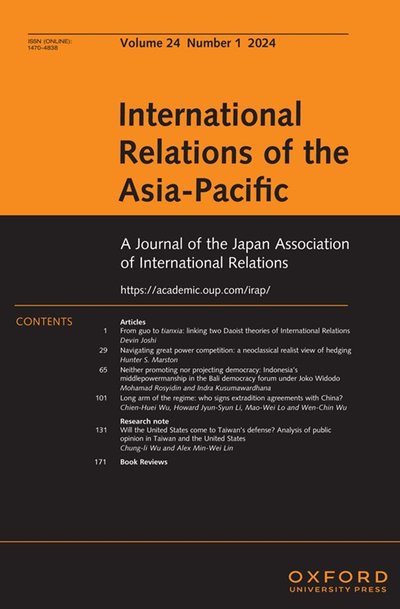25 Apr 2024
Journal Articles, Other
Panizzon, Marion
The Ties that Bind: Immigration and the Global Political Economy

Book Review by WTI Senior Research Fellow, Marion Panizzon, for the Journal "International Relations of the Asia-Pacific".
Extract
In political economy, the factors leading a person to leave her country have received considerable attention, and diverse authors have evaluated the role played by determinants of migration differently. In their book “The ties that bind,” David Leblang, Professor of Politics at the University of Virginia and the Director of the Batten School of Public Policy Studies, and Benjamin Helms, Assistant Professor of International Affairs at Texas A&M University, rank migration for work or to gain an education as less relevant than is widely believed. In their view, what leads people to move is the desire to participate politically, by voting, and eventually to qualify for citizenship. Disaggregated by skill level, this implies that, to attract a highly skilled migrant, the host state needs to prioritize granting access to political rights, while excessively high scores of linguistic aptitudes must be scrapped. For the lower skilled migrants too, host state politics play a role, but more passively, as in the absence of hostile, right-wing politics and corruption.
About the author
Marion Panizzon, Senior Research Fellow, World Trade Institute
Cite
Marion Panizzon, The Ties that Bind: Immigration and the Global Political Economy, International Relations of the Asia-Pacific, 2024;, lcae006, https://doi.org/10.1093/irap/lcae006
The Ties that Bind: Immigration and the Global Political Economy
Further info
Read the full book review
More about the journal

